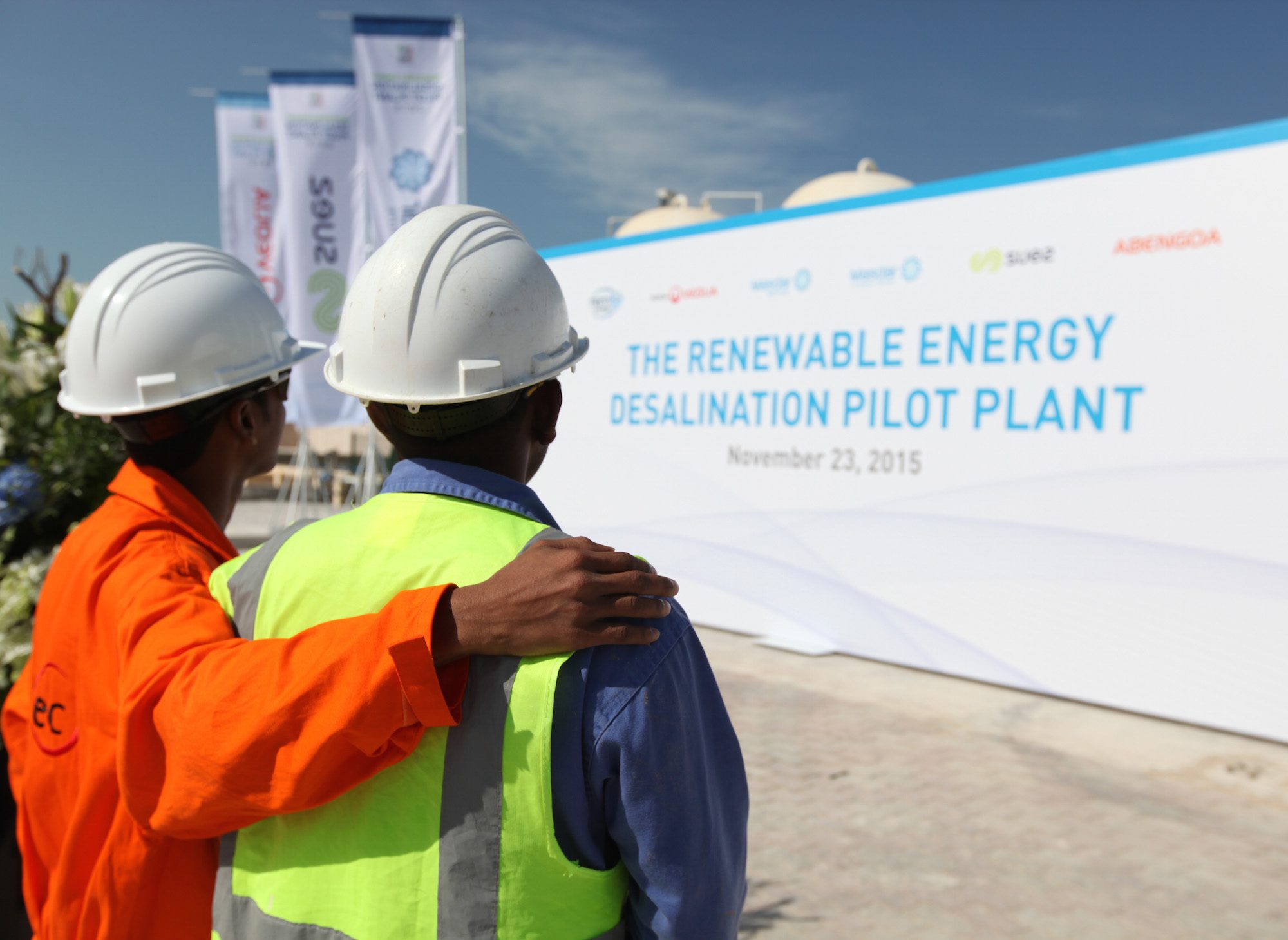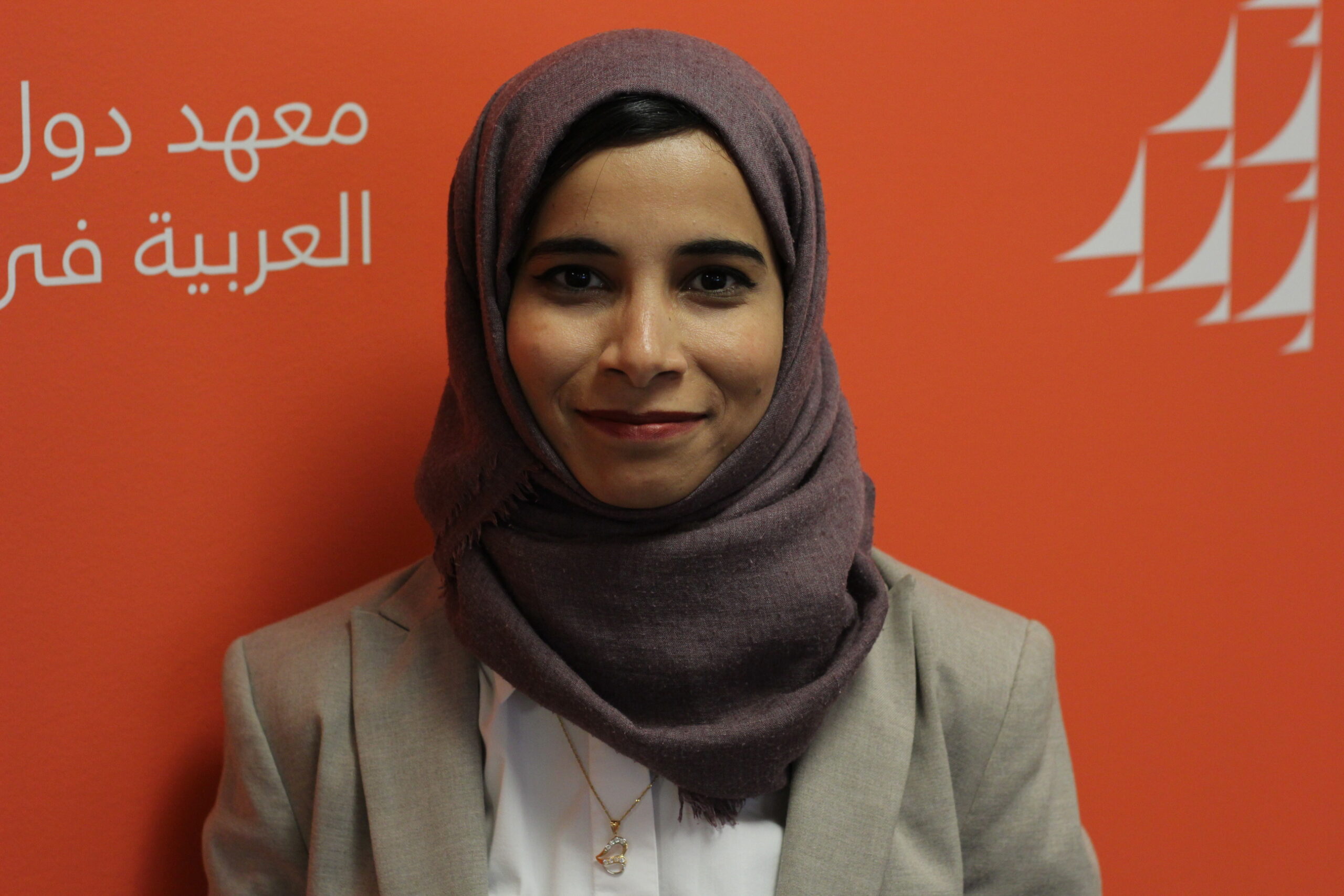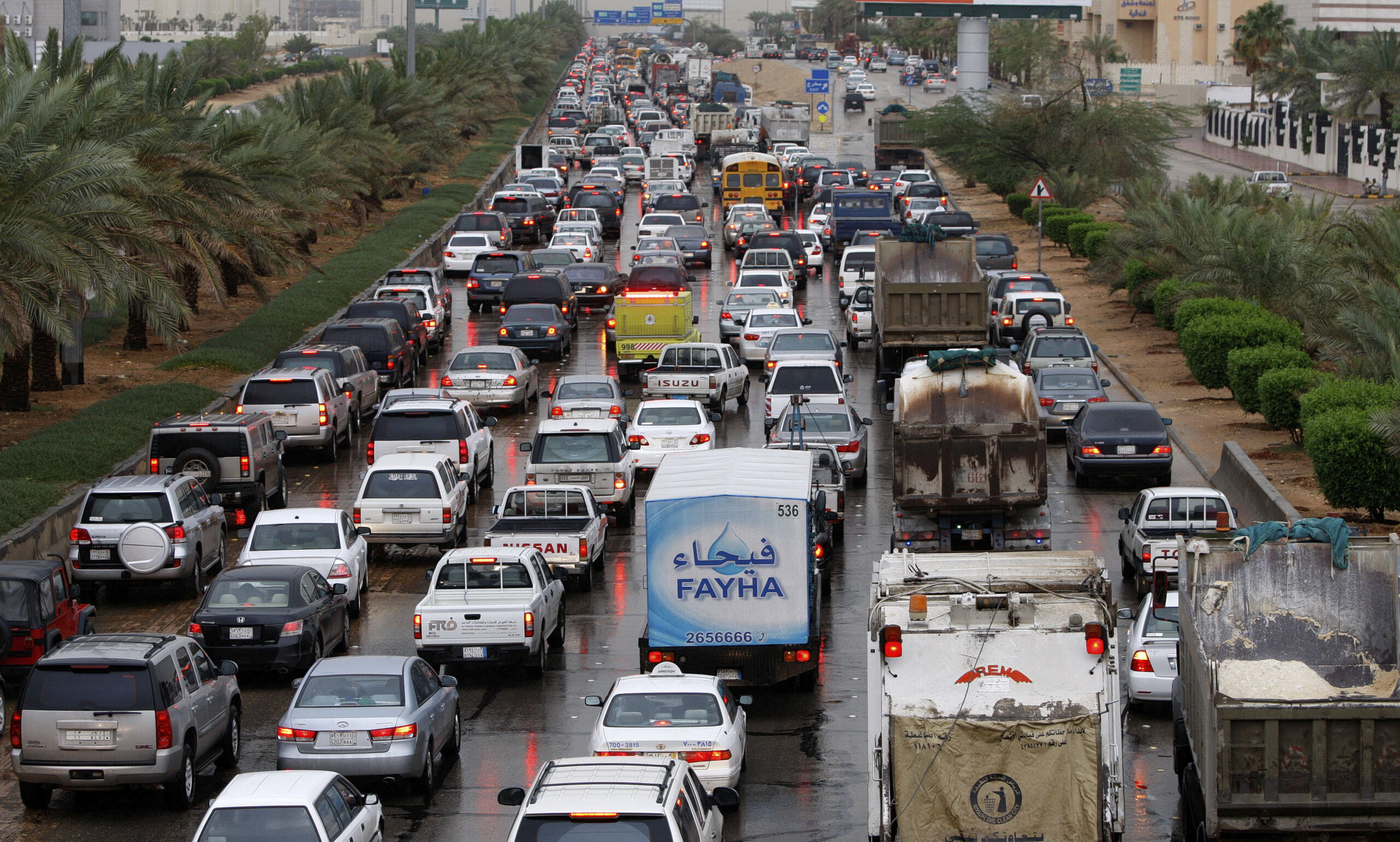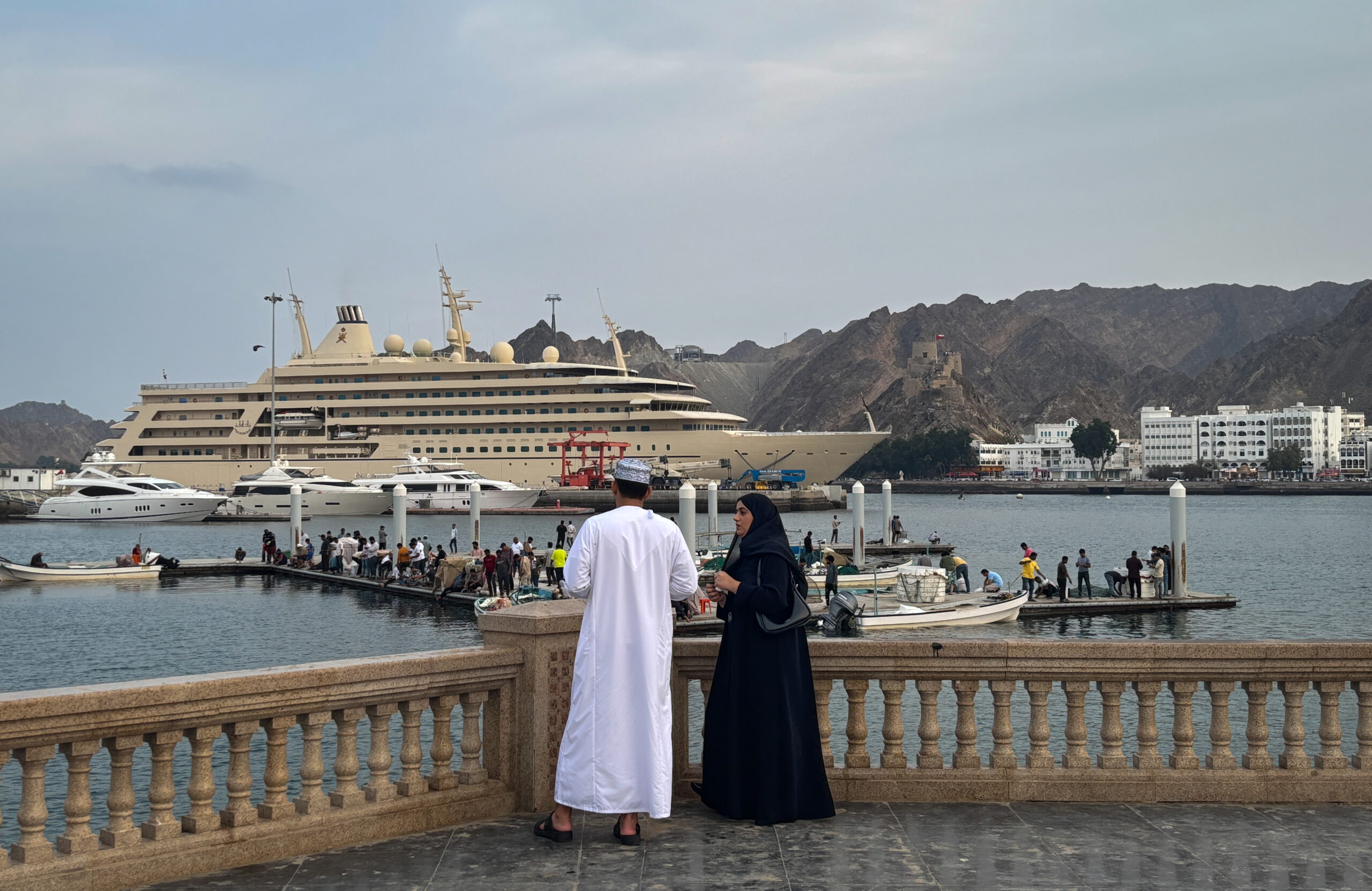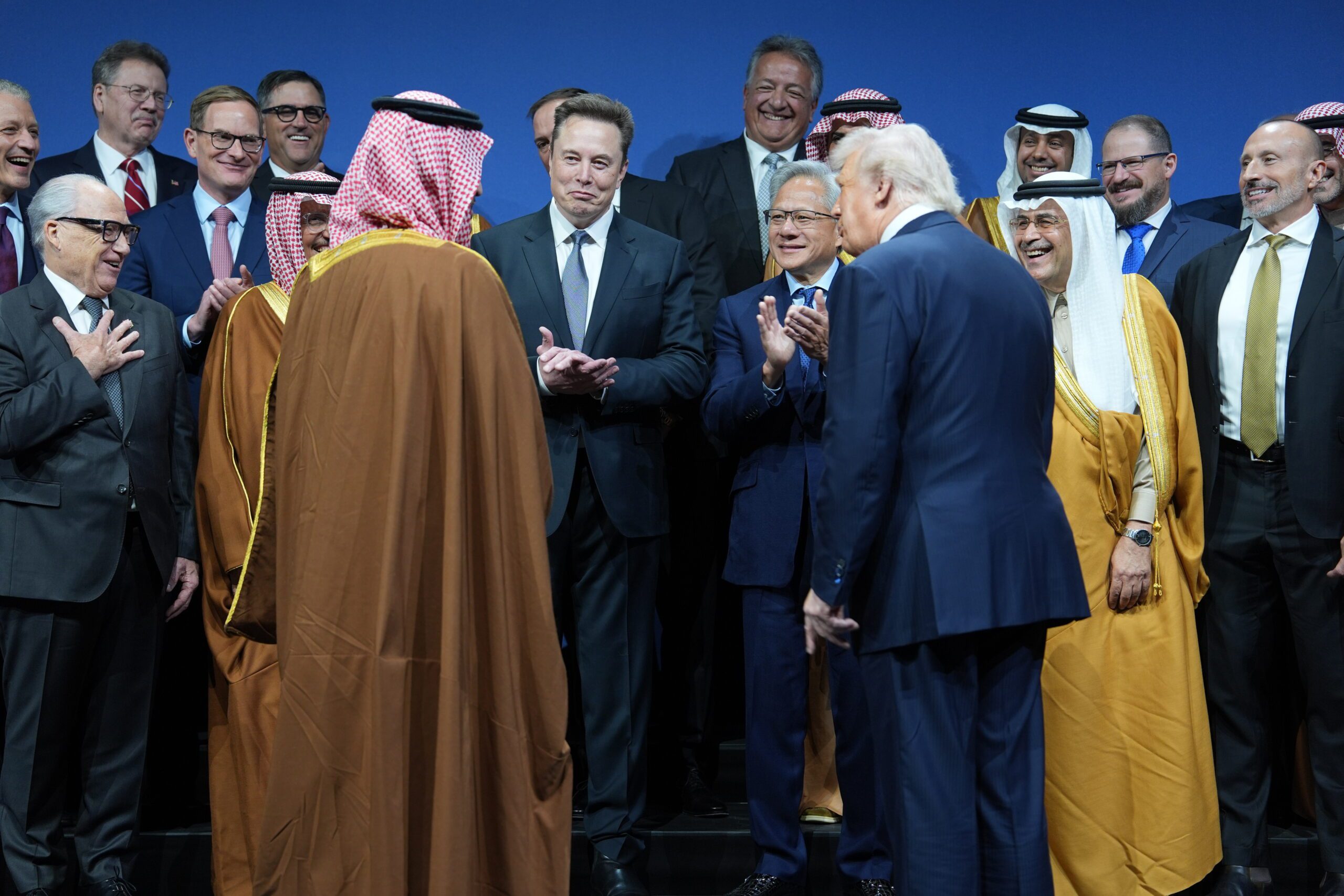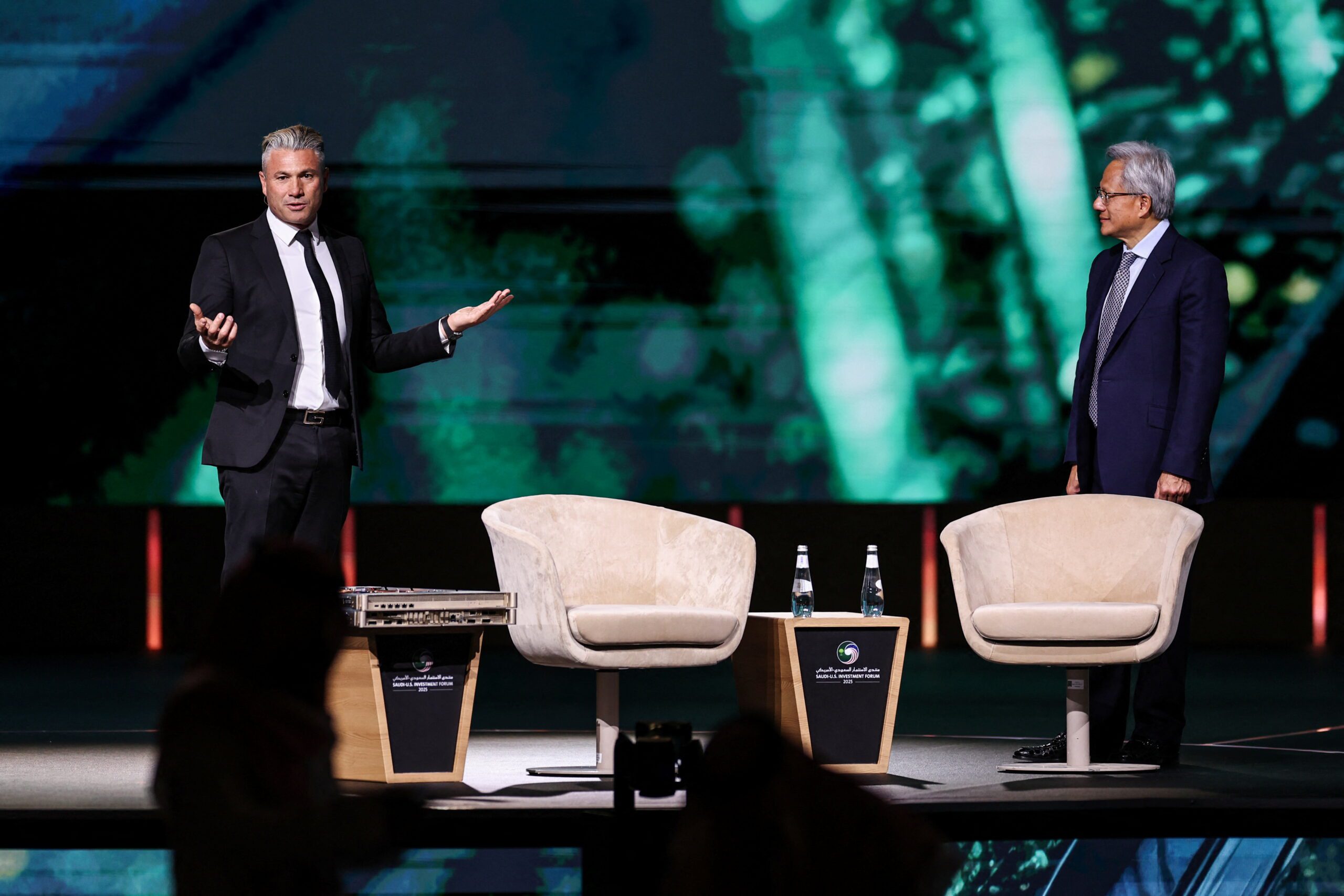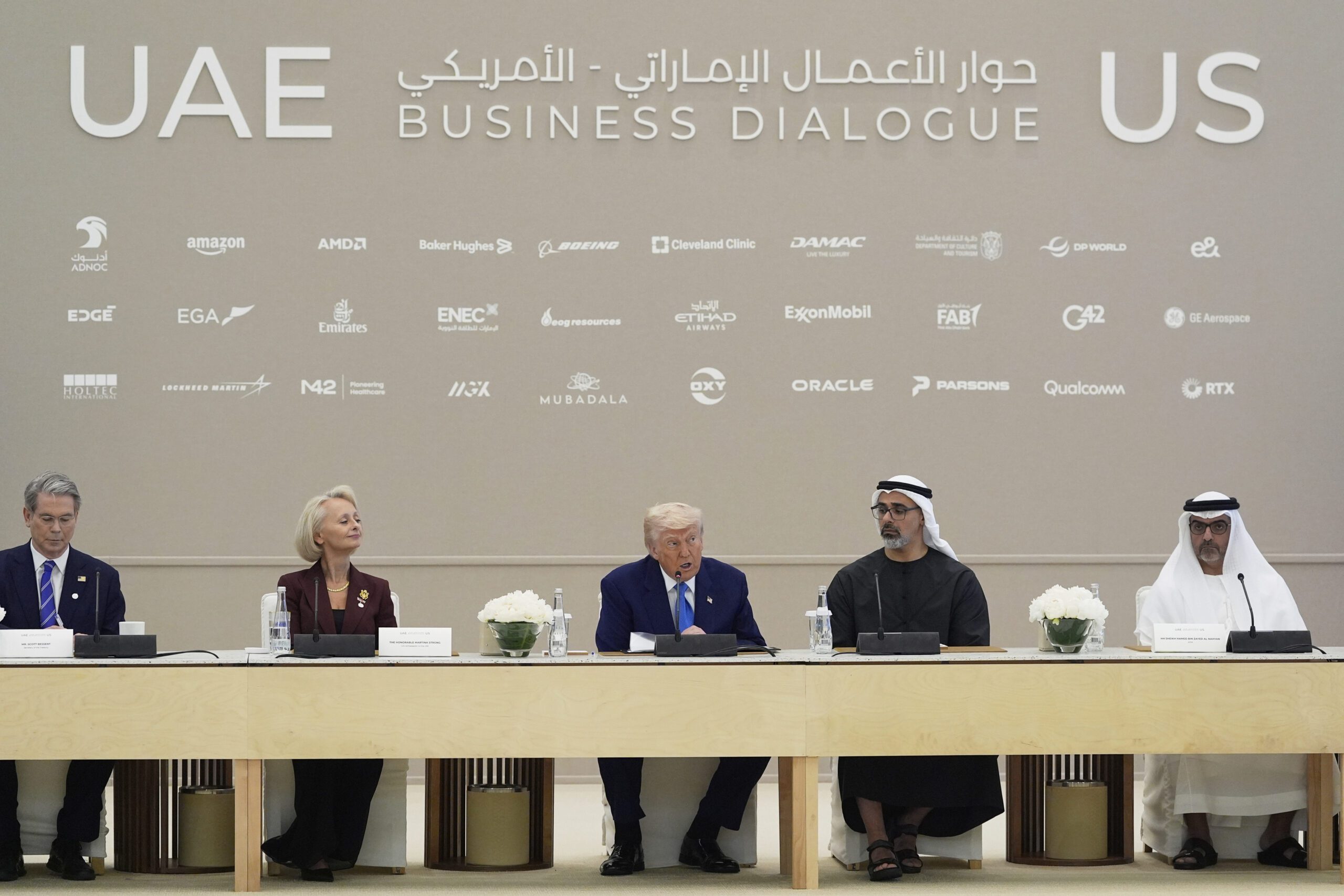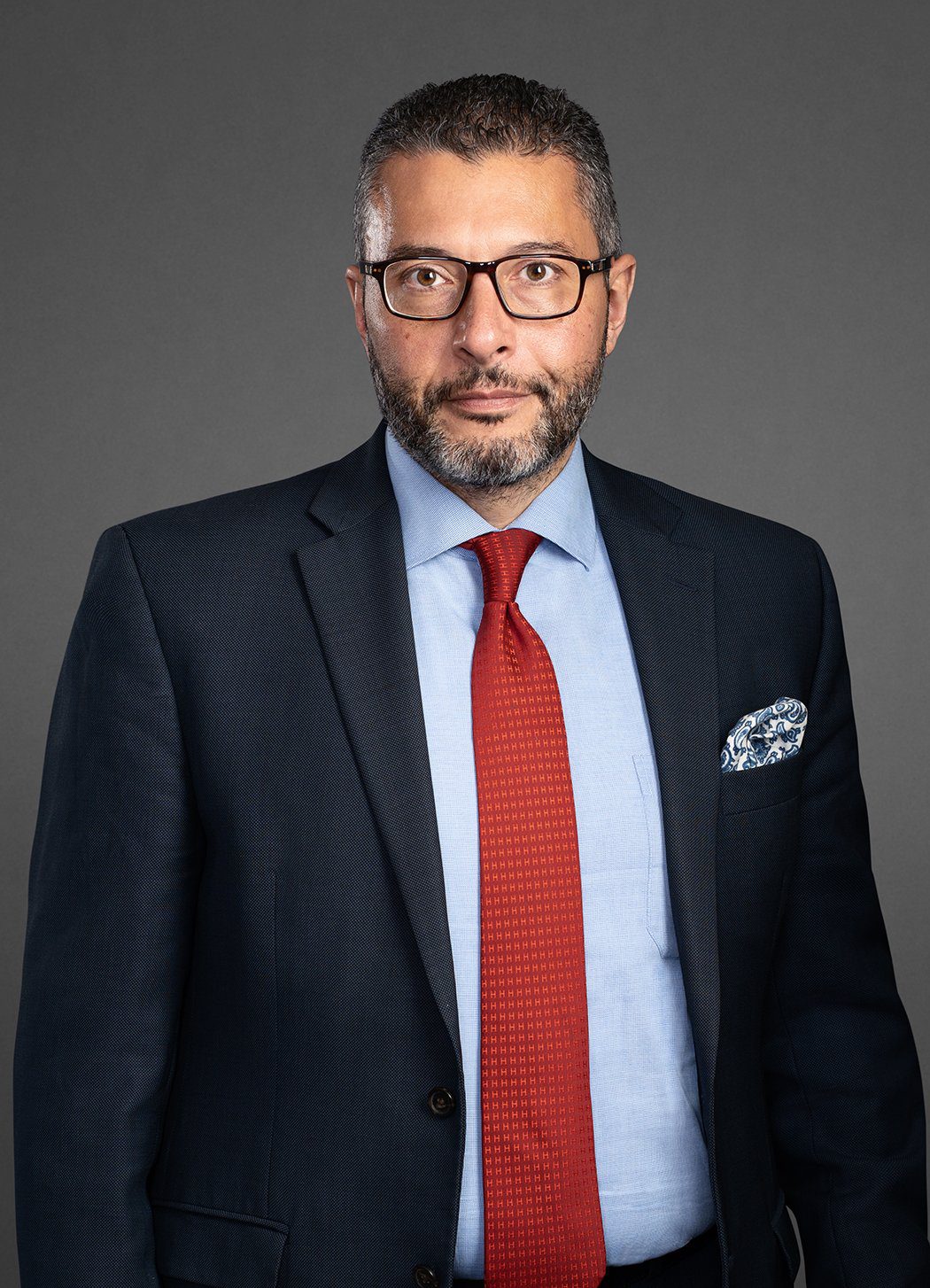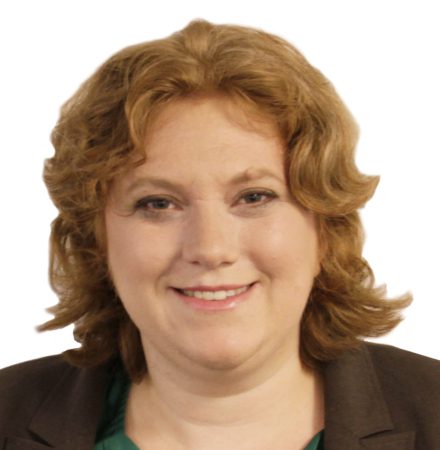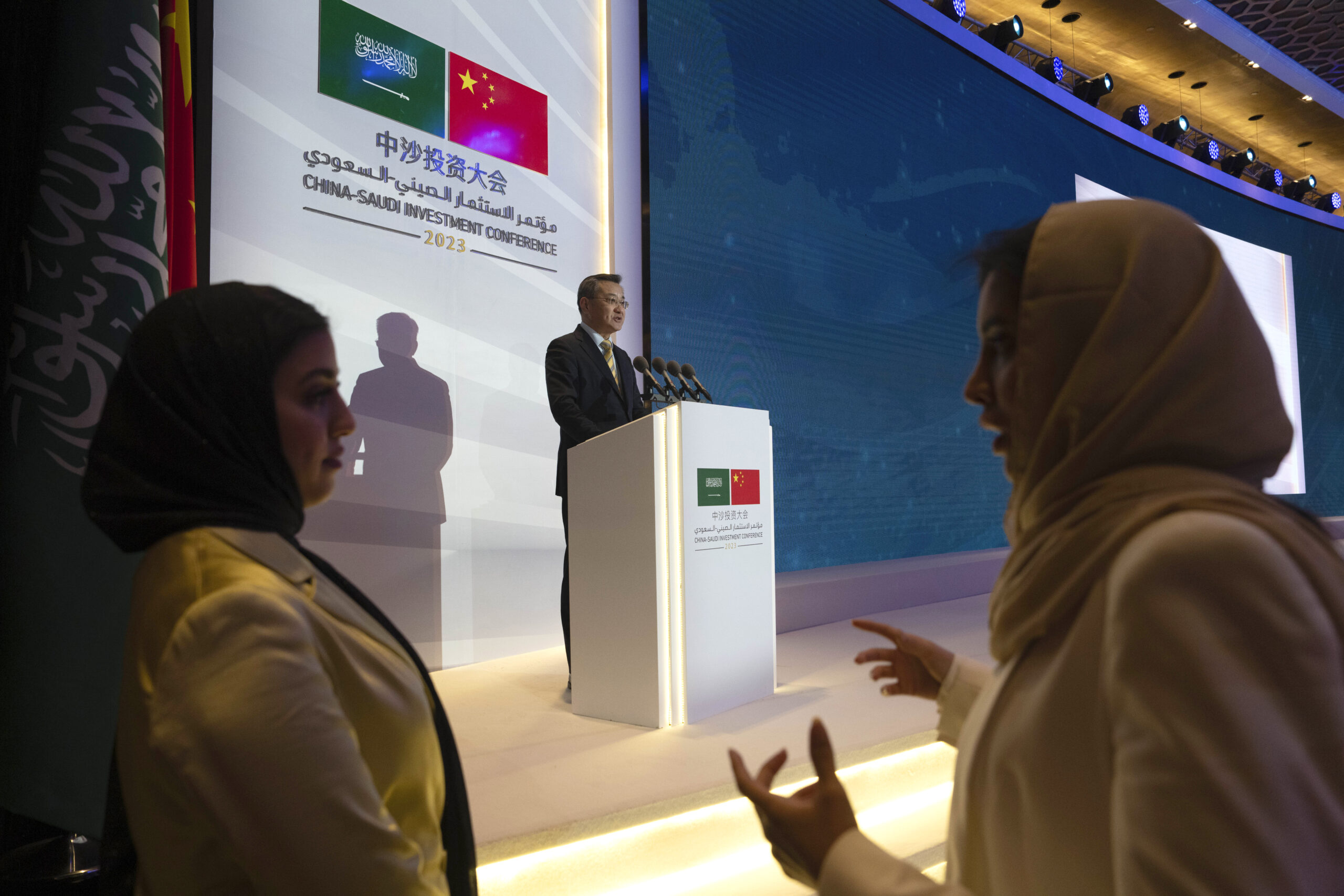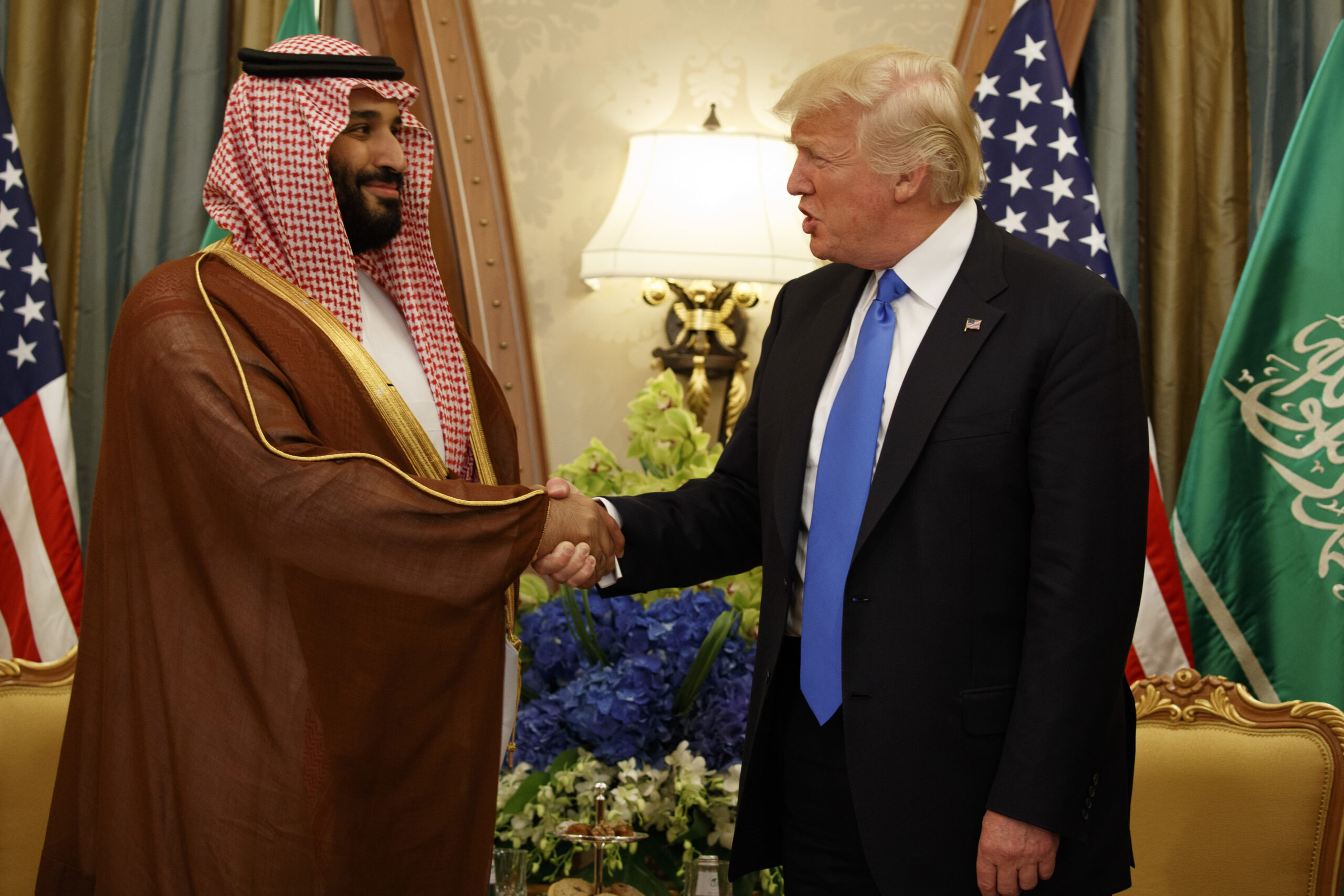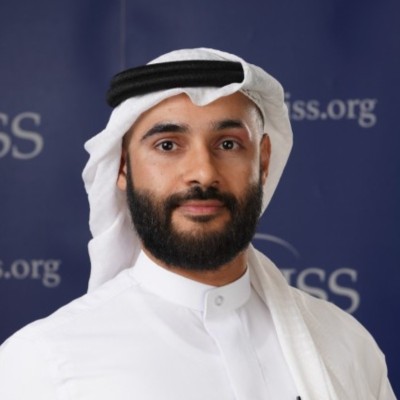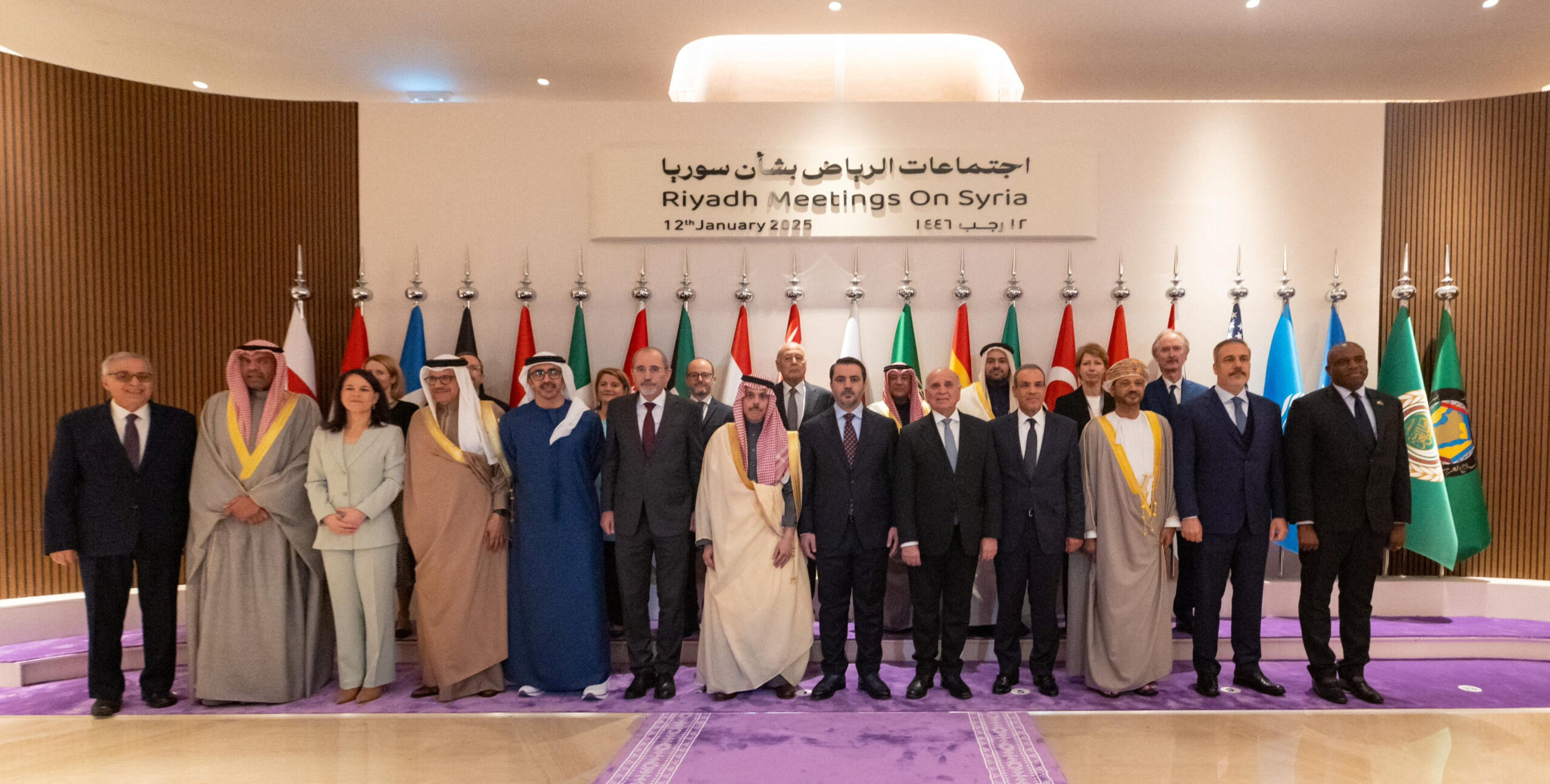Water Worries: The Future of Desalination in the UAE
With few available alternatives for accessing water resources, the UAE is continuing to expand existing desalination facilities and construct new desalination plants.
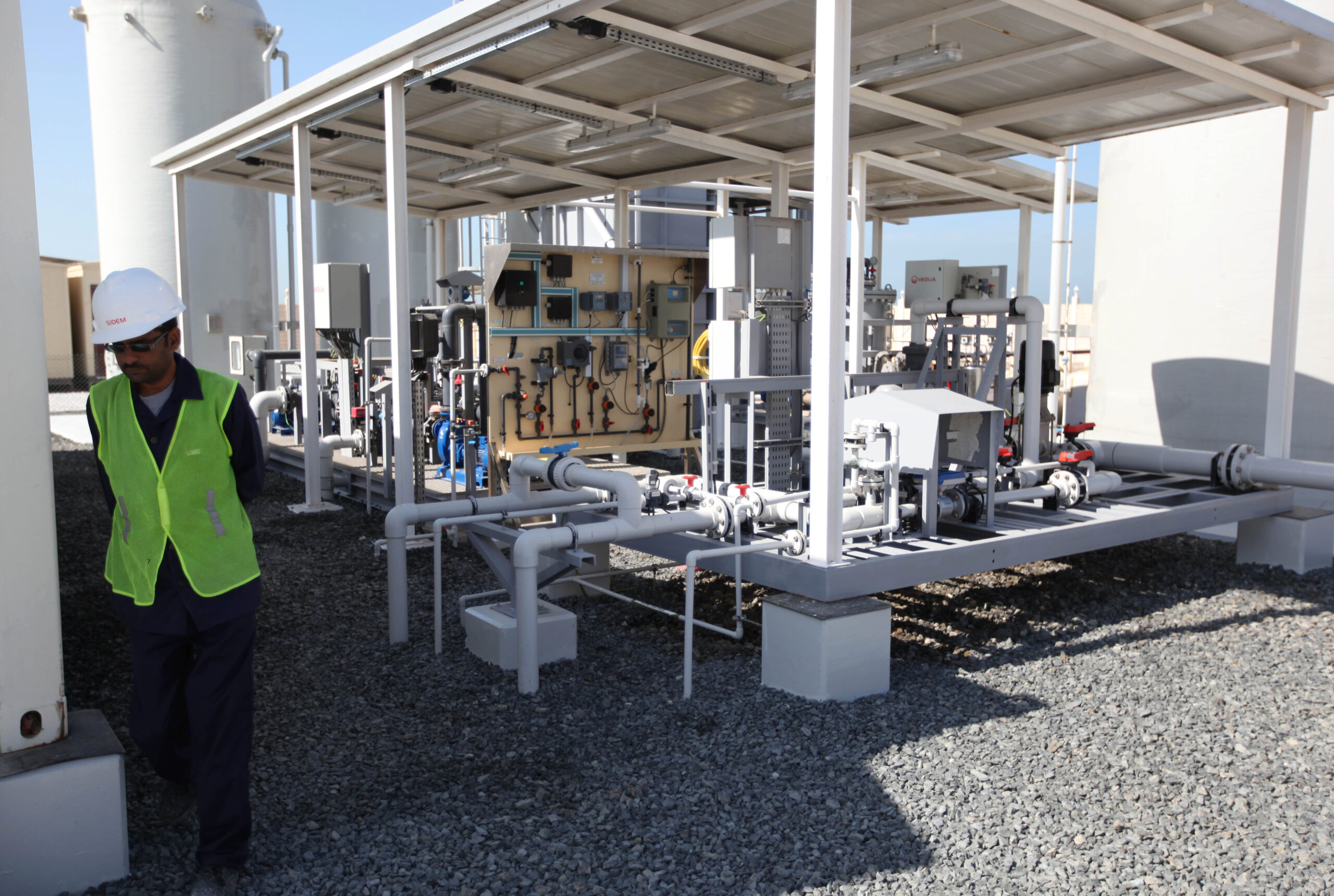
Executive Summary
Desalination is a blessing and a curse for the United Arab Emirates. The water-scarce country’s expansive desalination infrastructure provides the water resources needed to sustain life and support a broad range of commercial, agricultural, and industrial activities. Yet the UAE’s dependence on desalination to meet the country’s burgeoning water demand exacts a heavy economic and environmental toll. A continued reliance upon desalination as the primary source of the country’s potable water likewise increases the population’s vulnerability. The potential for disruptions to desalination operations and infrastructure poses a genuine risk to the country’s residents and companies.
With few available alternatives for accessing water resources, the UAE is continuing to expand existing desalination facilities and construct new desalination plants. This development has been coupled with government-led efforts to reduce per capita water usage, adopt new desalination technologies, and streamline water and power production through the consolidation of government entities. As the UAE’s desalination system evolves, it is becoming more complex. While the complexity of desalination processes in the UAE increases individual points of vulnerability across the system, the dispersed nature of the system simultaneously reduces the likelihood of a single or limited number of shocks to the system inflicting catastrophic harm on the region’s residents or other consumers.
The AGSIW Next Gen Gulf Series
This paper was developed as part of AGSIW’s Next Gen Gulf series, which explores how the latest trends in technology are shaping the economies and governments of Gulf Arab states. Next Gen Gulf analyzes the implications of digital agendas, artificial intelligence, blockchain, and other tech services and applications for the region, by country and sector, and identifies the associated opportunities and risks of the Gulf’s digital transformation.
The views represented herein are the author's or speaker's own and do not necessarily reflect the views of AGSI, its staff, or its board of directors.


